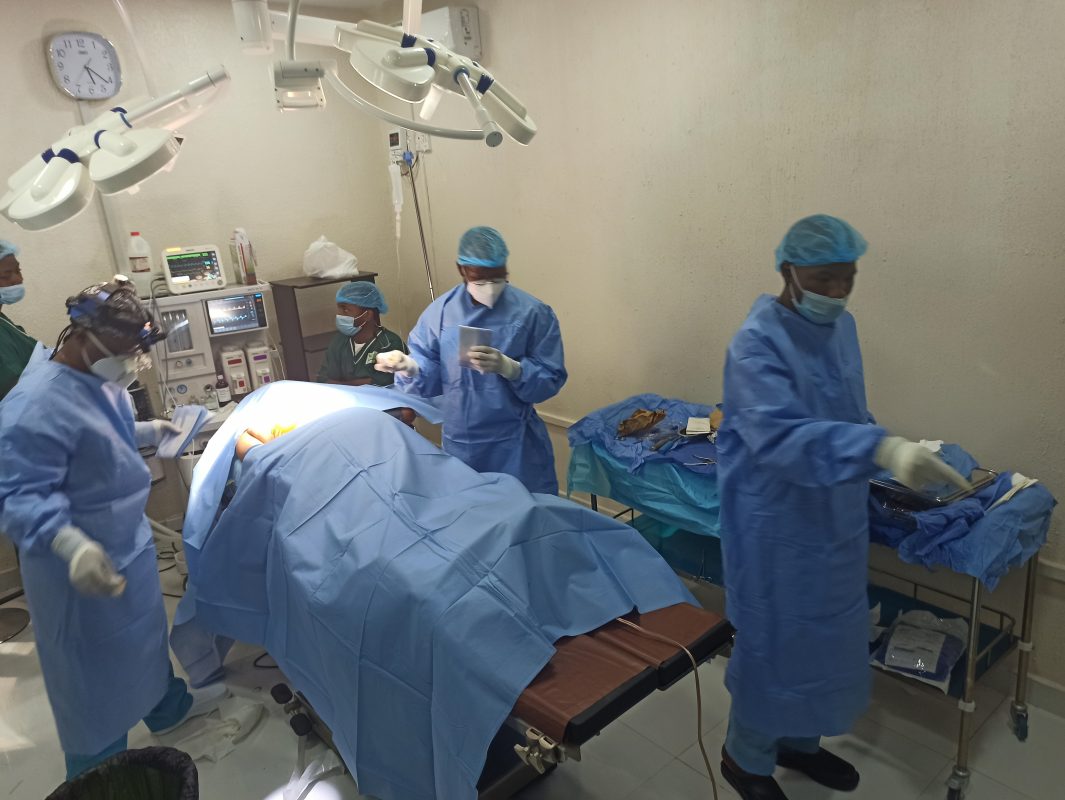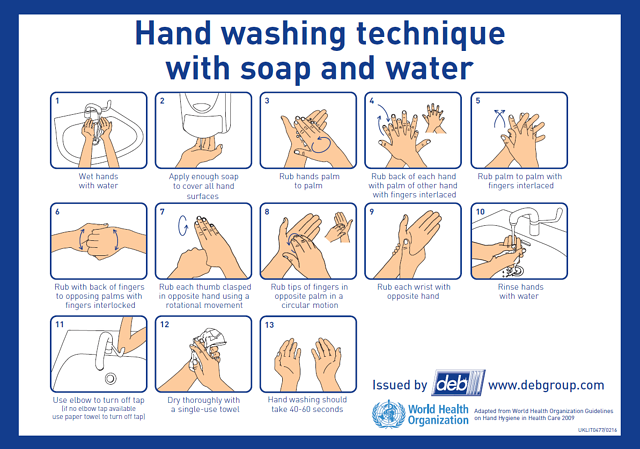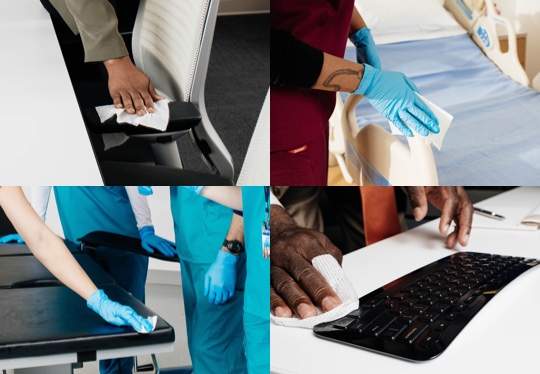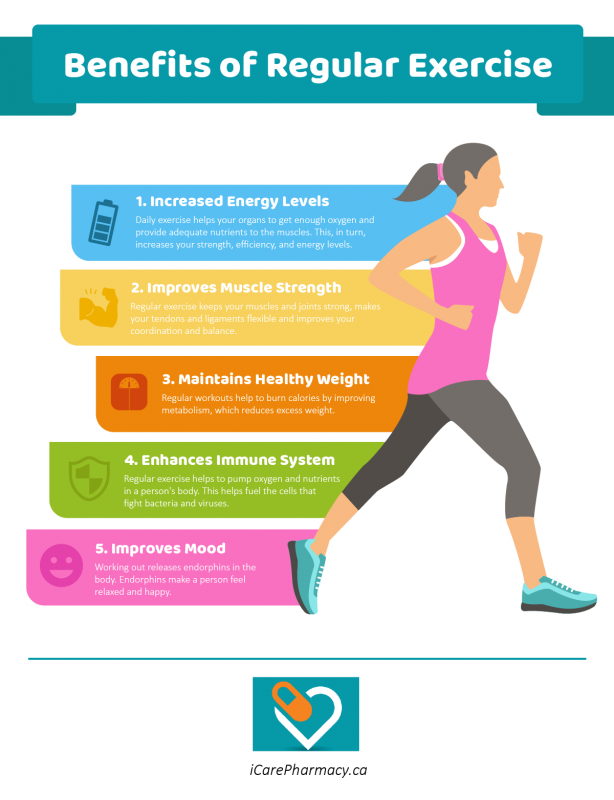Uncategorized
Infection Prevention and Control: 6 things you need to know.
2019 saw the arrival of the novel Covid-19 virus, and the comeback of the deadly Ebola virus in some parts of Africa. Both incidents exposed the frailties of the healthcare system in the world. Normalcy is yet to fully return, but how do we best control and prevent infections from ravaging the world? Learn how.
According to WHO (World Health Organization), “Infection prevention and control (IPC) is a scientific approach and practical solution designed to prevent harm caused by infection to patients and health workers. It is grounded in infectious diseases, epidemiology, social science, and health system strengthening. IPC occupies a unique position in the field of patient safety and quality universal health coverage since it is relevant to health workers and patients at every single health-care encounter.”
Let’s make this easier, the whole essence of infection prevention and control (IPC) is to;
- make sure you don’t get infections
- manage the spread of an infection if you or someone you know does get it.
What is an infection?
Put simply, an infection is when the body is invaded by microorganisms such as bacteria, viruses, and parasites. Note that the body normally has these microorganisms, so when it is invaded by the ones that are not normally there and causes harm, it is said to be an infection.
But you know these things already, what you probably don’t know are ways to prevent, and control it.
We put together 6 ways individuals and healthcare organizations (hospitals, government parastatals, clinics, primary healthcare centers et al) can work together in preventing and controlling infections. They are;
- Use of medical and surgical disposables
- Supply chain management
- Hand Hygiene
- Environmental Health
- Regular exercise
- Using supplements to strengthen the immune system
Let us begin:
1. Use of medical and surgical consumables by healthcare workers:

Healthcare workers (doctors, nurses et al) are the first line of defense.
You’re only as good as your tools, and one of the safest ways to prevent and manage the spread of infections is through the use of medical disposables.
This was reinforced at the height of the outbreak of the Ebola virus and the coronavirus pandemic when the rage was Hazmat Suits and/or Reinforced Surgical gowns.
The use of disposable drapes and gowns like the 365 Healthcare Reinforced SSMMS Surgical Gowns and Universal Drape Sets have been instrumental in promoting safety in surgical environments and reducing the risks of healthcare-associated infections.
2. Supply Chain Management

The world was plunged into a crisis when the Coronavirus first hit. It showed how ill-prepared the healthcare system is.
There was a shortage in supply of the absolutely essential personal protective equipment (particularly surgical nose masks, gloves, and surgical gowns) and other essentials like toilet paper as a result of panic buying, and poor planning.
This led to a ridiculous hike in prices as demand far exceeded supply. A surgical gown that costs less than $3.00 witnessed an increase of 110%. Even more shocking was the hike in the prices of gloves, hand sanitizers and nose masks among others.
“2021 is the year to embrace data analysis and analytics as they can help strike a balance between efficiency and quality of care.”
Forbes
While normalcy is gradually returning, it is prudent to make plans for the future, to look at the data, develop strategies, evolve tactics, and make plans.
3. Hand Hygiene

One of the easiest and most important ways to prevent and control the spread of infections is through hand hygiene. It is advised that you wash your hands regularly with soap and running water for at least 20 seconds. If this is not possible, always sanitize your hands.
For healthcare professionals, the use of disposable surgical gloves is of great importance during medical procedures.

For best practices, always have a bottle of sanitizer with you, and sanitize regularly. Key points to note for regular commuters: sanitize after paying for anything or using your hands, this means when you go to the bank, use the ATM, buy food, open the doors et al.
4. Environmental Health:

One of the most common ways microorganisms are transmitted is through the environment, and surfaces i.e, your tables, chairs, door handles amongst others.
Some microbial bacteria can survive on surfaces for hours, and sometimes months. The Covid-19 virus for instance lasts 4 hours on copper, 24 hours on cardboard, and 72 hours on plastic and steel.
Regularly disinfecting your surfaces will do the trick. To take things into context, the Covid-19 virus lasts for up to 3 hours in aerosol form, that is in the air. This is why it is very important to use nose masks, face masks and face shields. While each of these provide varying levels of protection, not using one provides no protection at all.
5. Regular exercise:

At the start of the lockdown in Nigeria, Lagosians took to the highway in droves to exercise before it was eventually clamped down.
The reason?
People with stronger immune systems are less likely to contract the coronavirus, and what’s one way to strengthen the immune system? By regularly exercising.
Why is this important? Exercising contributes to good health, which translates to a healthy immune system. As you exercise, it promotes good circulation and allows the substances of your immune system to work effectively.
If you can join a gym, do, if you can’t, there are a lot of videos on IG and YouTube. But do not go a day without exercising for at least 30 minutes.
6. Using supplements to strengthen the immune system

Your body needs a lot of things to function optimally. A strong immune system is one of them, but how do you strengthen your immune system?
You were introduced to exercising in the previous point, and taking supplements is an excellent way to boost your immune system.
Naturally, when you eat good foods or fruits rich in certain vitamins, you help your body through your immune system fight off illness.
Vitamin C and Zinc are two important nutrients your body needs but doesn’t produce or store. These nutrients are vital to a strong immune system. Put simply, they boost immunity.
There you have it, 6 ways YOU can prevent and control the spread of infections. Which one can you start practicing immediately? Let us know in the comments.
